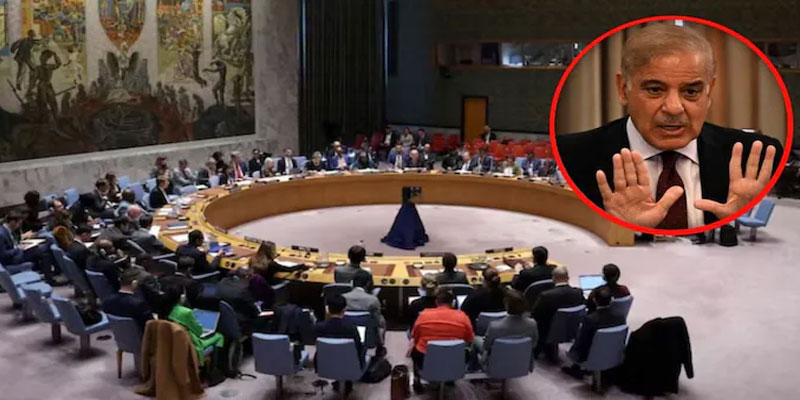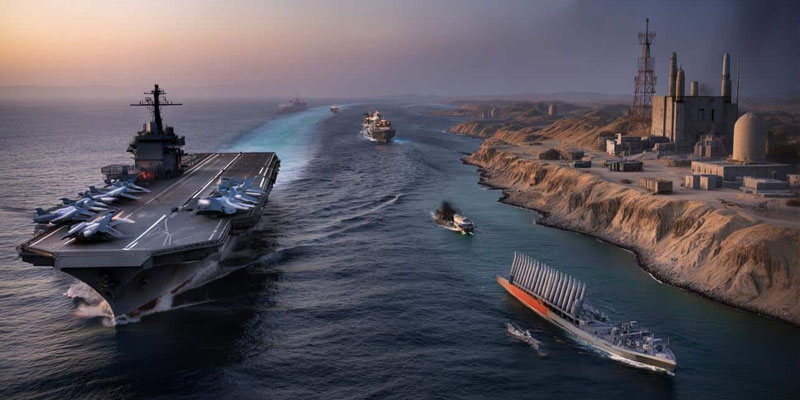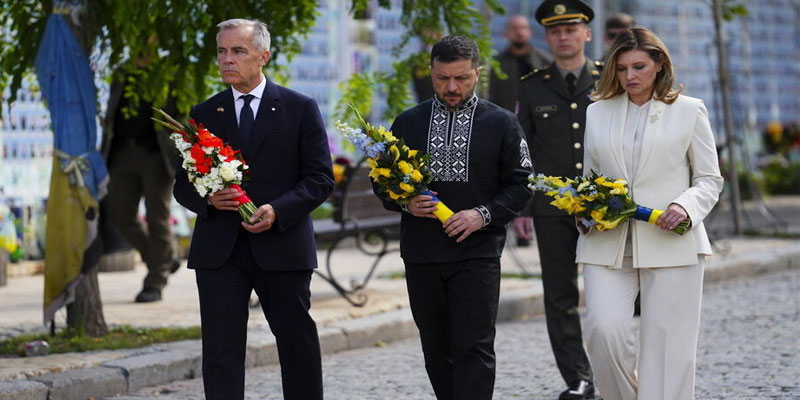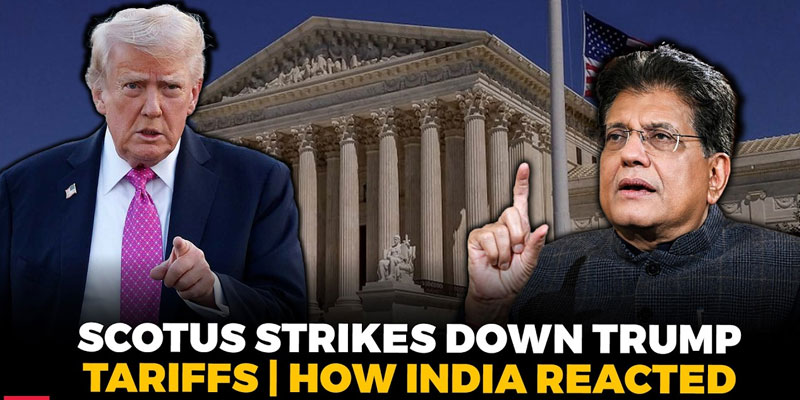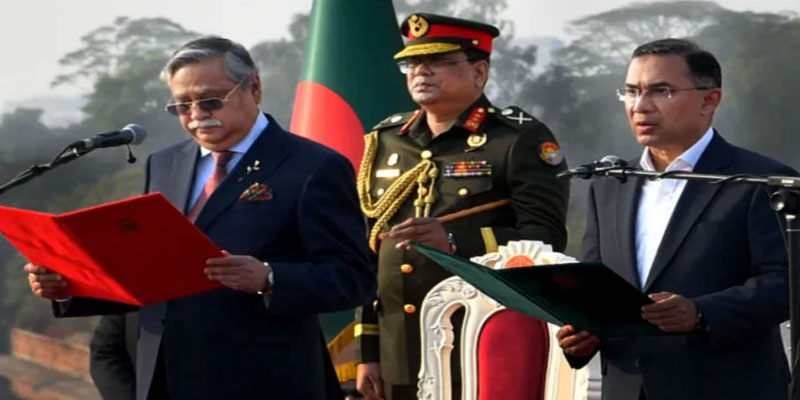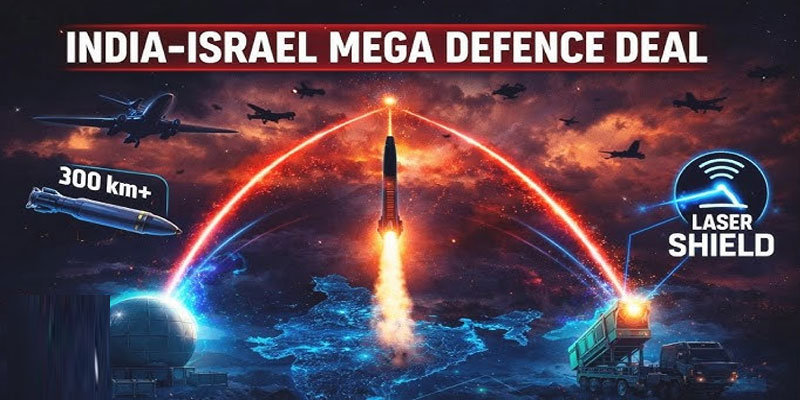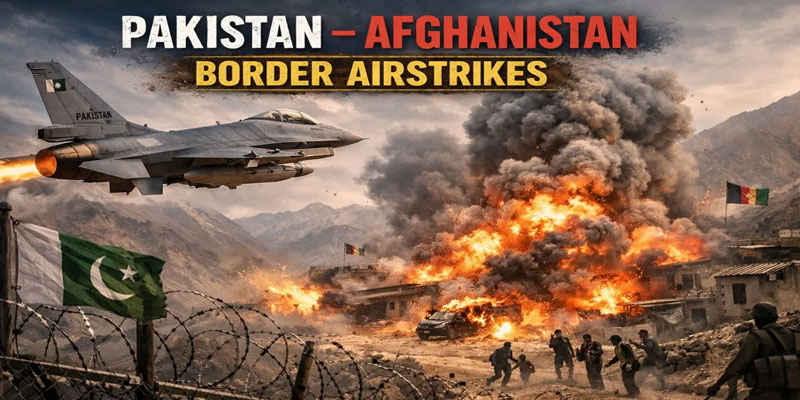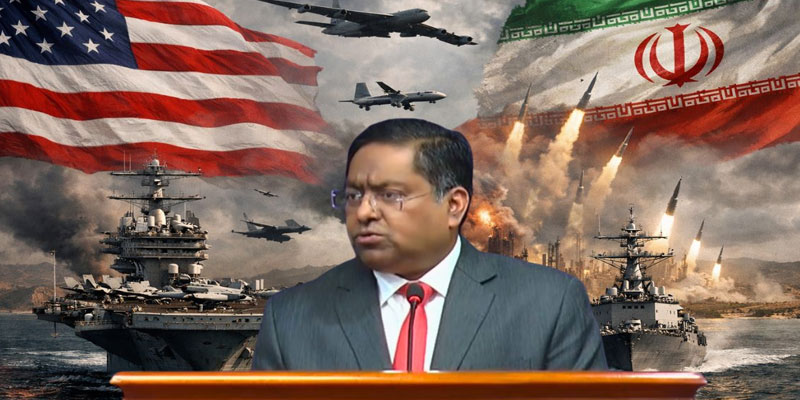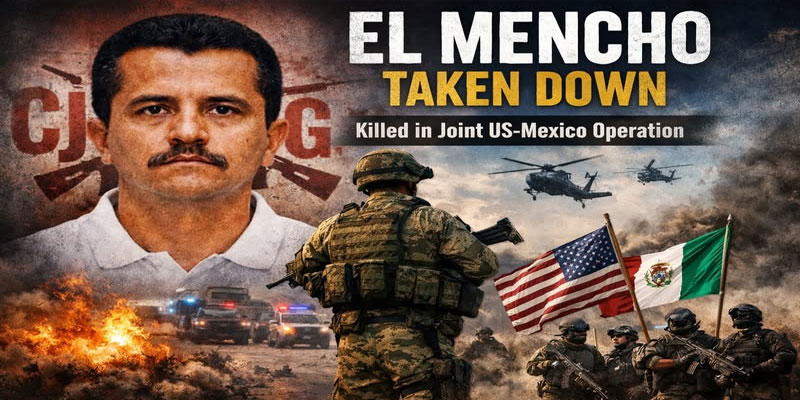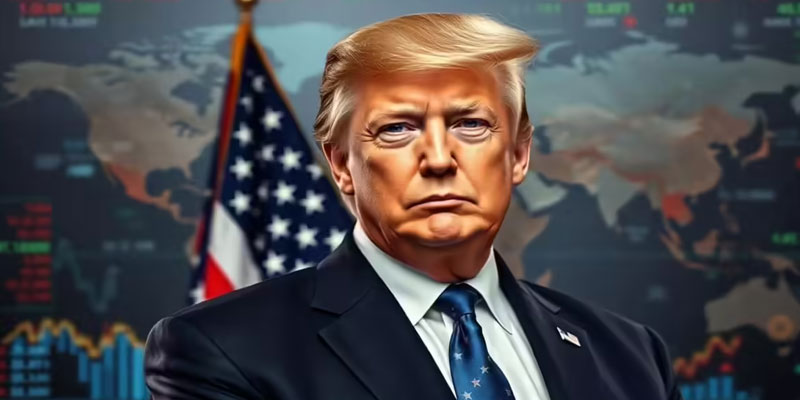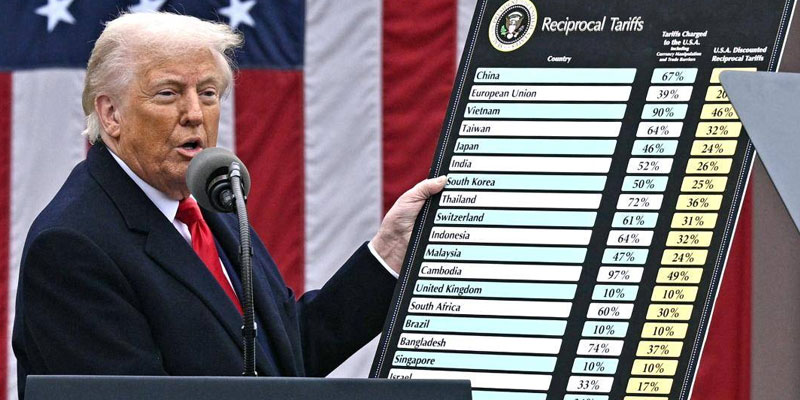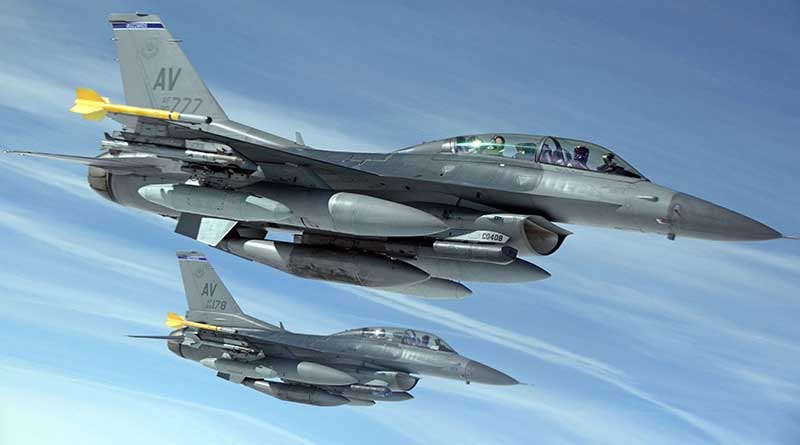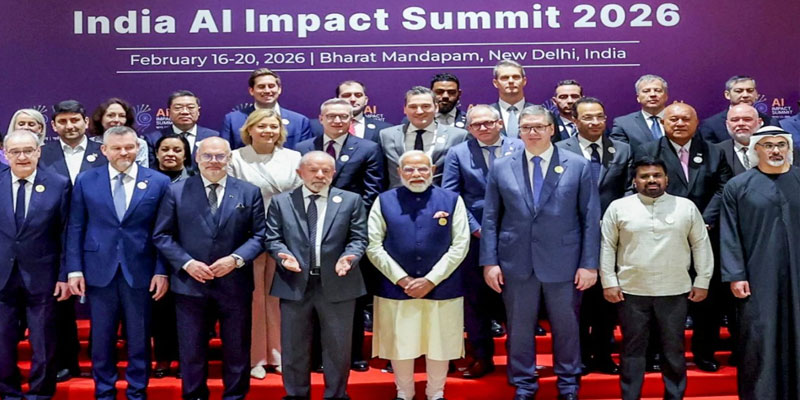India Slams UN for Naming Pakistan to Anti-Terror Panels: “Like a Cat Guarding Milk”
India has sharply criticized the United Nations Security Council (UNSC) after Pakistan, a country long accused of harboring terrorists, was appointed to prominent positions in the UN's counter-terrorism architecture. Indian Defence Minister Rajnath Singh condemned the move, stating it was akin to “making a cat guard the milk.”
This strong rebuke came just weeks after Pakistan was elected as a non-permanent member of the UNSC for 2025-26 and appointed to two of the Council’s most critical counter-terror bodies — a development India sees as both ironic and troubling.
Pakistan’s Rise in the UN: A Post-Operation Sindoor Twist
In early June 2025, nearly a month after India’s massive Operation Sindoor, which targeted terror infrastructure across borders, Pakistan secured roles as:
· Chair of the 1988 Taliban Sanctions Committee (TSC)
· Vice-Chair of the 1373 Counter-Terrorism Committee (CTC)
· Co-Chair of two UNSC informal working groups
These appointments are not merely symbolic — they come with influence over agenda-setting, compliance oversight, and shaping sanctions discourse.
Ironically, the 1988 TSC was created to monitor Taliban-linked threats post-9/11, an attack whose mastermind Osama bin Laden was found sheltering in Pakistan. The CTC, meanwhile, enforces Resolution 1373, which compels all UN member states to criminalize terrorism and deny safe haven to terrorists — something India argues Pakistan has repeatedly failed to do.
UN's Structural Dynamics: How Pakistan Got the Role
Critics question how Pakistan — frequently accused of enabling terror — could rise to such posts. The answer lies in procedural inevitability and UN norms.
Under Article 28 of the UN Charter, when a country becomes a non-permanent member of the UNSC, it is automatically rotated into leadership roles of subsidiary bodies. Permanent members (P5) — the US, UK, France, Russia, and China — typically abstain from chairing sanctions panels to avoid perceived conflicts of interest, leaving non-permanent members like Pakistan to fill the gap.
Thus, Pakistan’s committee appointments are a function of its membership — not a special endorsement. However, it still signals a level of confidence from the current Council in Pakistan’s ability to lead such bodies — a perception India finds deeply flawed.
India’s Objections: A Credibility Crisis at the UN
India's objections are not just procedural, but moral and strategic. Speaking at a public event in Dehradun, Defence Minister Rajnath Singh said the UN’s credibility is at stake if countries with documented ties to terrorism are allowed to lead anti-terror initiatives.
"Pakistan is the 'Father of Terrorism’, and has long trained and harbored terrorists," Singh said. He added that a large portion of international aid to Pakistan is often funnelled into terror networks, citing the need for greater scrutiny by global institutions.
He praised India’s aggressive new doctrine under Prime Minister Modi, highlighting Operation Sindoor as India’s largest-ever anti-terror action, and a turning point in New Delhi’s posture on national security.
Implications for the Global Anti-Terror Framework
Pakistan’s presence at the helm of key UN committees could complicate enforcement of sanctions, weaken oversight on Taliban-linked groups, and undermine trust in multilateral institutions. It also raises concerns about how terror designations and asset freezes will be pursued going forward.
More broadly, it adds to a growing chorus of nations — including France, the US, and India — expressing frustration with the UN’s inability to adapt its decision-making to modern security threats.
A Test for the UN’s Moral Compass
India’s anger over Pakistan's role in counter-terror panels reflects a larger crisis of legitimacy at the United Nations. While procedural rules explain how Pakistan rose to these roles, they do not justify the appointment in principle.
As geopolitical fault lines deepen, the UN’s ability to remain a credible, neutral force in global counter-terrorism is under question. For India, and many others, it’s no longer enough to follow rules — the rules themselves must be re-evaluated when they reward the very forces they aim to confront.
(With agency inputs)


